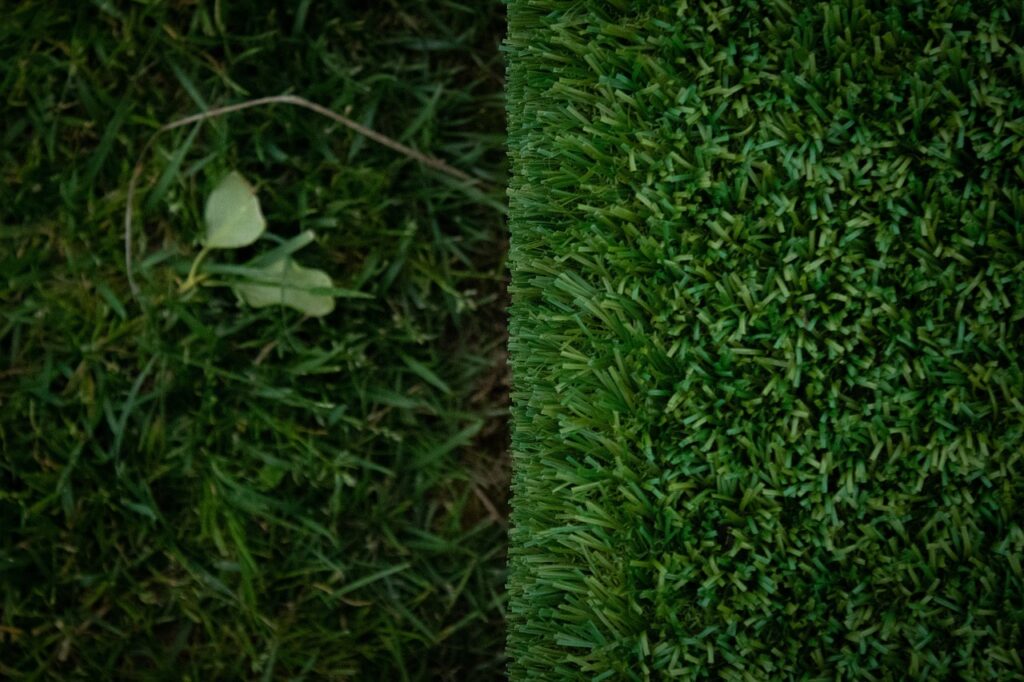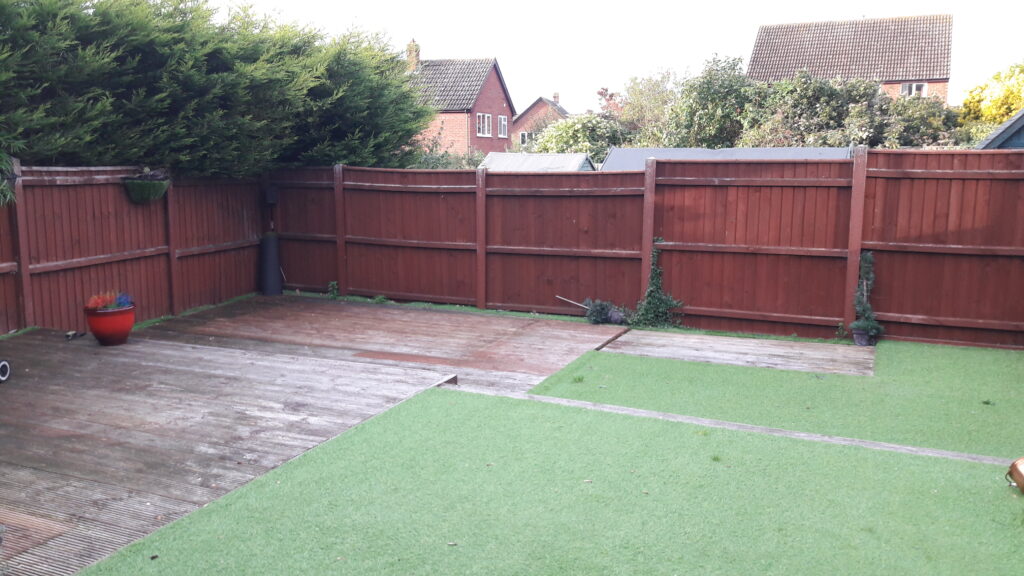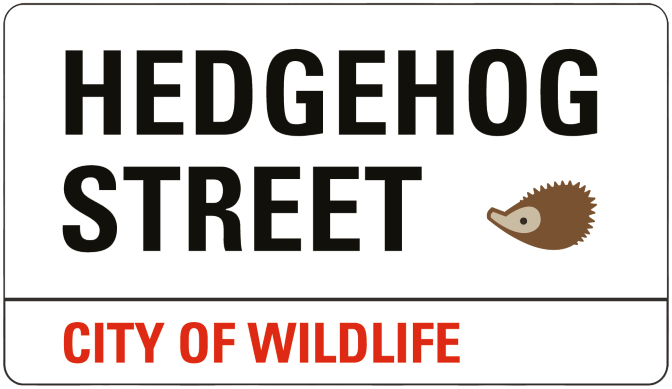The rise of artificial grass
21st June 2023
Hedgehogs have an insect-based diet, which means that a report last year of a 60% decline of insects in the last 20 years could be devastating for them. We can help by making sure our gardens are insect-friendly; growing wild areas, creating log piles, letting wildflowers grown on our lawns and joining in initiatives such as No Mow May.
Unfortunately many gardens are paved over, depleting them of insect life. Artificial grass has also increased in popularity in recent years. People like it for its low maintenance, but it can have a devastating effect on the wildlife in our gardens, including hedgehogs.

The absence of any vegetation means that the lawn is likely to be devoid of insect life, reducing the overall biodiversity and meaning that animals higher up the food chain have less to eat.
When temperatures rise in the summer, the plastic lawn will absorb heat, and at point may be too hot to stand on. Evidence has shown that the temperature of artificial grass can reach over 62C on a hot summers day. In contrast, real grass reached 38C in direct sun.
Artificial grass also has a large carbon footprint due to its production method and the fact it’s made of plastic. Although many companies claim it can be recycled, in reality it’s very hard to do so. It also has quite a short shelf life of around 10 years, so will need to be replaced relatively often.
As artificial grass is usually laid directly onto soil, it can contaminate the soil with plastic. Along with this, it increases the risk of flooding due to the solid earth underneath. Plants break up the soil and mean that water can drain away.

Along with all of this, artificial grass may need to be vacuumed to keep it free of debris! In contrast to this, leaving your lawn to grow wild and attract insects is extremely hassle-free.
Although real lawns may need more upkeep via mowing, the benefits to humans and wildlife are numerous. Hedgehogs need insects to eat, vegetation to make nests and dry habitat to forage. The plasticising of lawns is harmful to them and wildlife all over the UK.

